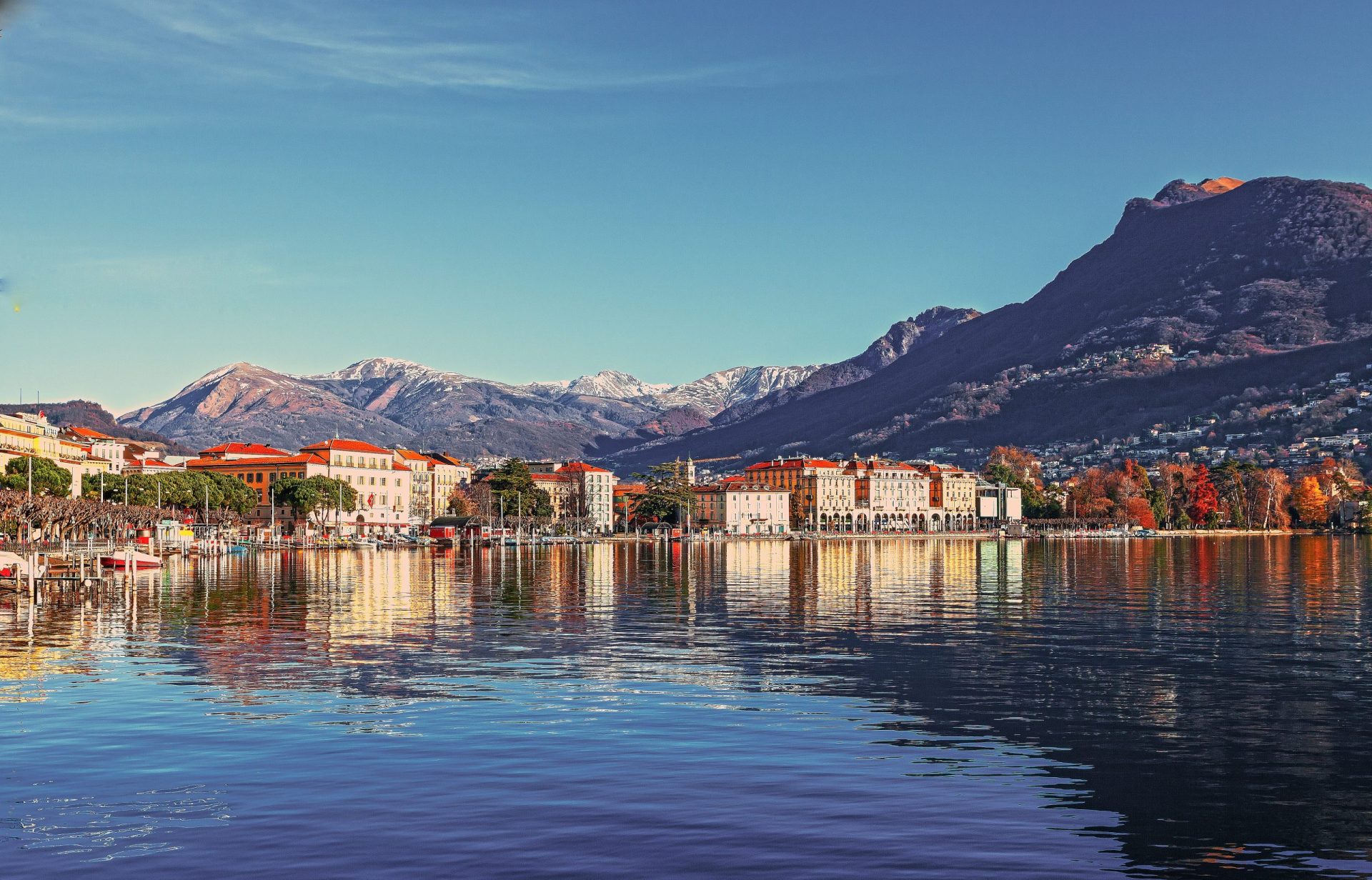Date: 12 – 16 September 2022
Venue: online
Registration: here
Language: English
Computer Graphics International (CGI) is one of the oldest annual international conferences on Computer Graphics in the world. Researchers are invited to share their experiences and novel achievements in various fields of Computer Graphics, ranging from rendering to modelling techniques, image processing and analysis, 3D reconstruction, visualisation, to robotics and machine learning. This year’s conference is hosted by MIRALab (University of Geneva) but held virtually.
Workshop dedicated to Cultural Heritage
Within the frame of the conference the organizers have planned a dedicated workshop dealing specifically with topics of relevance for Cultural Heritage preservation and conservation. On 12 September Time Machine Ambassador Prof. Marinos Ioannides will present the outcome of the “Study on Quality in 3D Digitisation of Tangible Cultural Heritage” (VIGIE2020/654) carried out by our partner Cyprus University of Technology with support of Time Machine Organisation. The workshop will also feature other EU-funded initiatives, namely:
- The publication of the EU H2020 ViMMuseum Manifesto, Roadmap and Action Plan (#ViMMuseum_Manifesto, #ViMMuseum_ActionPlan, #ViMMuseum),
- The Declaration of Cooperation on advancing digitisation of cultural heritage signed by EU Member States at the EU Digital Day 2019 (#DigitalDay2019),
- The Basic principles and tips for 3D digitisation of cultural heritage compiled by Expert Group on Digital Cultural Heritage and Europeana (#EU_Study_3D_CH, #DCHE_Group),
- How digital will help us preserve our cultural heritage?
The event will also provide an opportunity for researchers, scholars and stakeholders and all those interested to learn about and the latest breakthroughs’ in the area of Cultural Heritage 3D documentation. Moreover, this key workshop and panel of experts will focus on the quality and complexity in 3D data acquisition, modelling, long term e-data preservation and standardization as well as:
- Which technologies need to be developed to allow the creation of a digital replica/twins, which must be of such definition and detail to enable their use for research and future preservation and reconstruction of damaged artefacts or sites?
- Which standards need to be agreed upon, so that the digitized material will be accessible (long term) to all through a single access point, also providing access to complementary material (images, books, descriptions, drawings) illustrating the cultural and historic significance of the sites.
- Which algorithms have to be developed for the holistic documentation of the past (tangible and intangible): Story, Memory, Knowledge, Identity, etc.
The results of this special event will published on a special issue of the journal Computer Animation & Virtual Worlds (CAVW) which comprises previously unpublished data and presents innovative methods concerning all scientific aspects related to cultural heritage.
